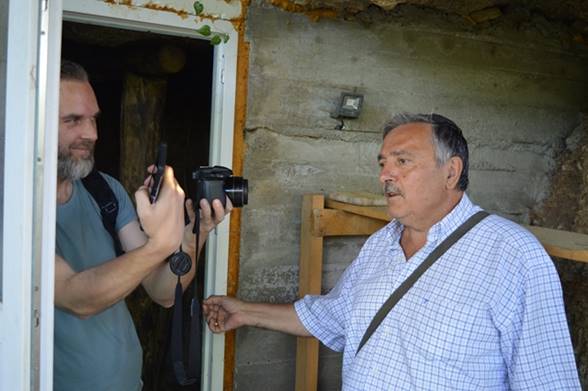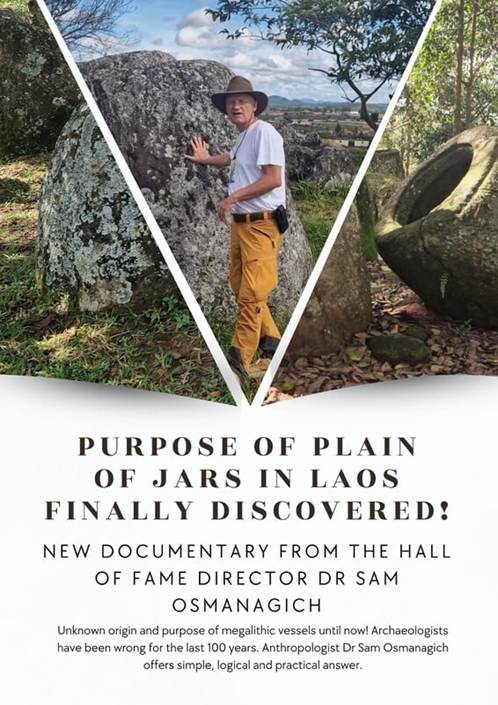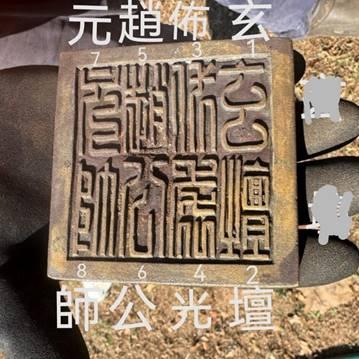9th Swiss Symposium, Science and Spiritual Quest – Wissenschaft und Spirituelle Suche
A Tribute to Dr. T. D. Singh – In Anerkennung und Erinnerung an Dr. T.D. Singh
11. OCTOBER 2025
Anton-Graff-Strasse 75, 8400 Winterthur, Switzerland
http://users.beotel.net/~gmarjanovic/
1. Ancient Knowledge
At the very beginning, let us remember that Sāṃkhya philosophyis one of the oldest philosophical systems in India, estimated to be around 12,000 years old. Its founder is, intelectual colosus Maharishi Kapilla. Sāṃkhya is a philosophy of dualism, in which there are two basic principles: First is Prakṛti or material nature. It is the passive principle of nature, the unconscious substance that forms the basis of all material existence. It is composed of three gunas – each with its own qualities: Sattva, Rajas and Tamas, that constantly interact and balance each other, change and evolve – which leads to various manifestations in the world. Seccond principle is Purusha, unchanging and timeless pure consciousness, a spiritual principle or eternal fenomenon that is separate from the material world – an observer and witness to the activities of Prakrti, but not an active participant in them.
According to Sāṃkhya philosophy, the world and beings develop through a process of evolution, which is initiated by the interaction of Purusha and Prakṛti through manifestations that develop into eight basic principles: Mahat – Cosmic Intelligence, Ahaṅkāra – Ego, Manas – Mind, Buddhi, Intellect, and five basic elements (Mahabhutas): Pṛthvī – Earth, Ap – Water, Tejas – Fire, Vāyu – Air and Akāśa ~ Akaśa. This is the physical basis that is further elaborated by the ancient Greeks up to modern teachings.
















